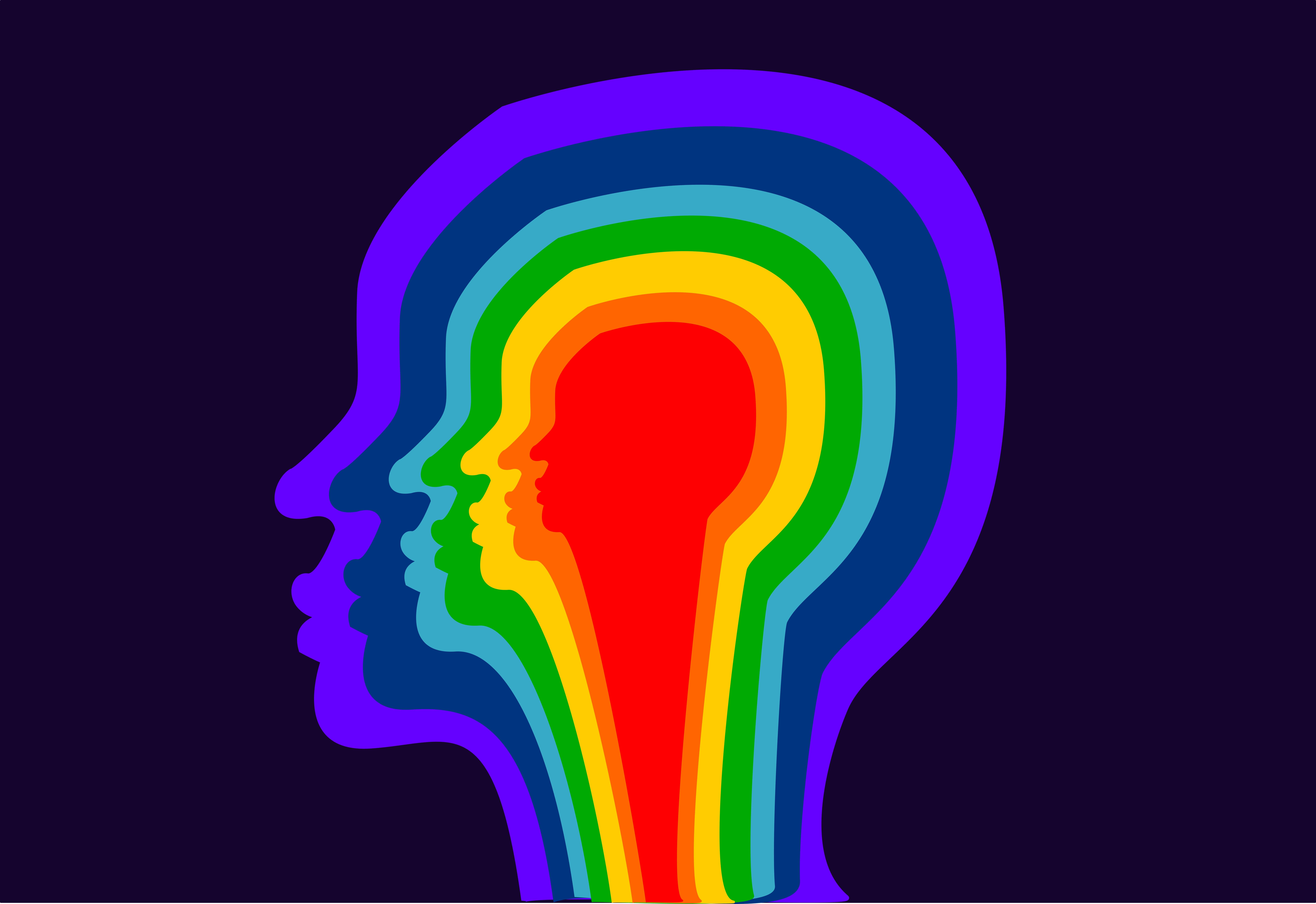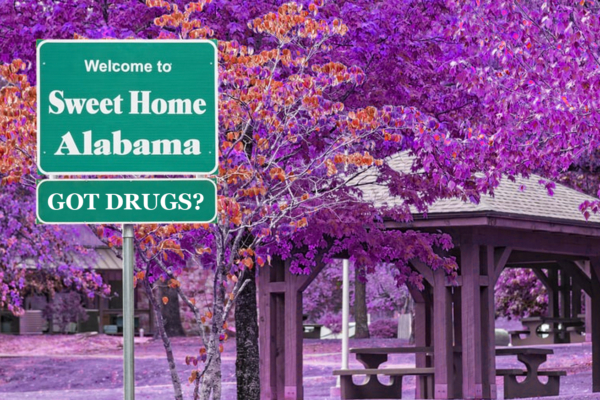
Psychedelic therapy is being investigated as a treatment for a range of mental health disorders from anxiety and depression to hard-to-treat post-traumatic stress disorder (PTSD) and addiction. New research is delving into whether the therapies may be helpful in treating obsessive-compulsive disorder (OCD) as well.
OCD is a condition that involves recurring, unwanted thoughts, ideas, or sensations (obsessions) that compel the individual to do something repetitively (compulsions). About 2.2 million adults in the U.S. have OCD, and for some, the condition can be debilitating. The most effective treatments include cognitive behavior therapy and long-term medication like antidepressants.
The first study investigating psychedelics for OCD was published in the Journal of Clinical Psychiatry in 2006. It involved treating nine patients with doses of psilocybin ranging from “very low” to “frankly hallucinogenic.” All nine showed immediate improvement after just one dose and no dosage was singled out as any more effective than the other.
Since then, the focus of psychedelic research has been mainly on anxiety, depression, PTSD, and addiction. But three studies using psychedelics to treat OCD are either ramping up or are currently underway with research expected to be published in the coming months or years.
In 2017, a study investigating psilocybin for OCD launched by University of Arizona researchers but was temporarily halted in 2020 due to COVID-19 restrictions. The study is expected to ramp back up this spring as coronavirus restrictions begin to lift.
For the study, researchers will analyze questionnaires and brain scans of participants under varying doses of psilocybin to gain greater insight into changes in the brain and subjective psychedelic experience the medicine provokes. Participants will also be followed for up to six months to after their last dose of psilocybin to determine if there are continued improvements in OCD symptoms.
A second, larger study by Yale University researchers has resumed recruitment after a nine-month pause due to COVID-19. That study, which will involve 30 participants with OCD receiving a single high-dose of psilocybin, is expected to be completed by early 2022.
Another study exploring psilocybin as a treatment for OCD is currently underway at the Imperial College London’s Centre for Psychedelic Research. It involves administering moderate doses of psilocybin that are too low to provoke a psychedelic experience, as well as psychotherapy intervention following psilocybin treatment.
Results from these studies could lead to the approval of psilocybin for OCD, and provide a new treatment option for people living with OCD.





